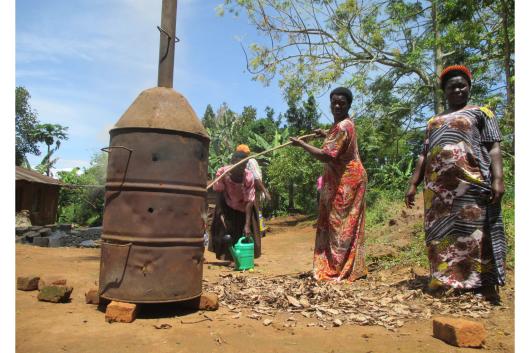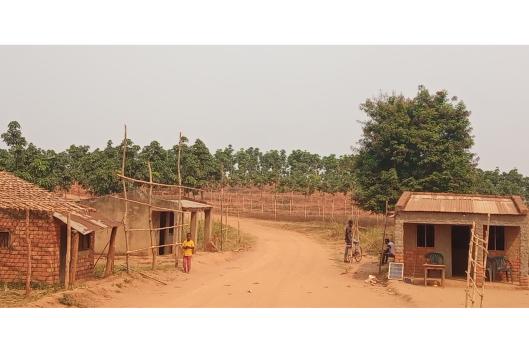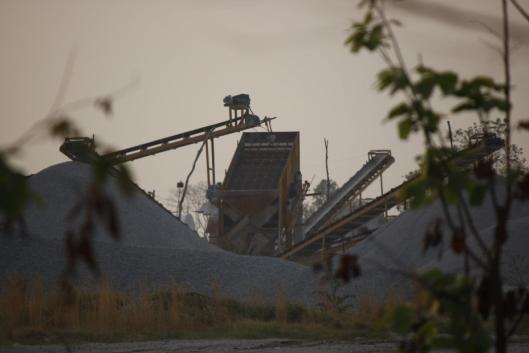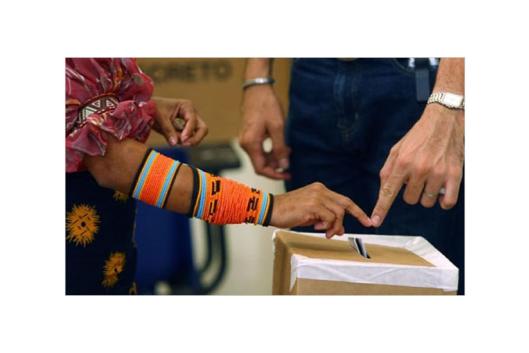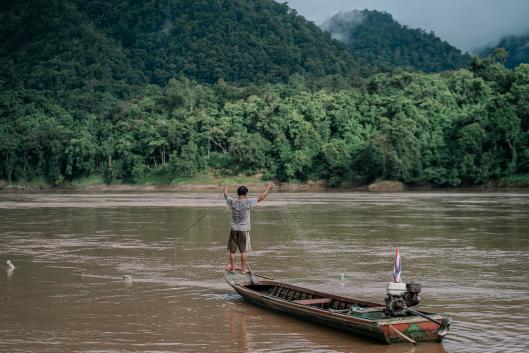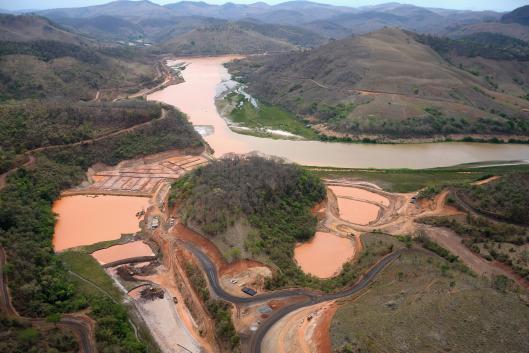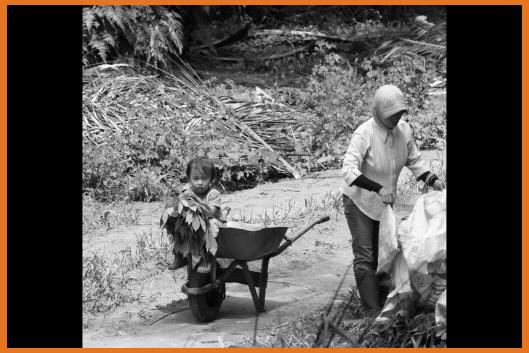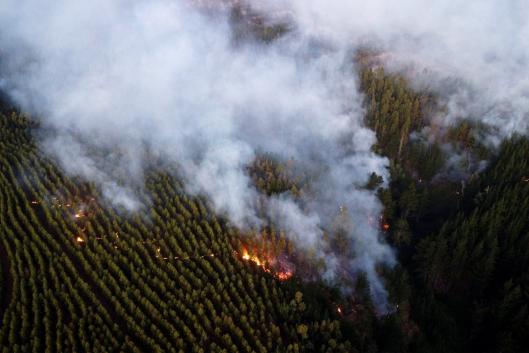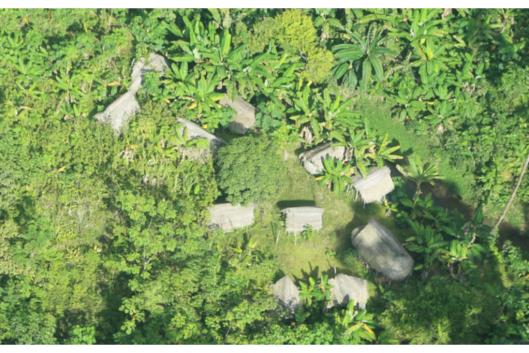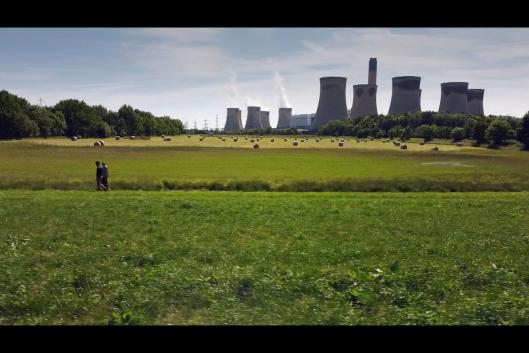In the month of International Women’s Day, this editorial reflects on a central issue for WRM: Why is feminism important in struggles for forests? Feminist struggles place life at the center and show that in order to defend lands and forests, we must transform power relationships.
Bulletin 265 - March 2023
Extractivist onslaught and carbon markets in the forests: impacts and resistances
The articles in this Bulletin are written by the following organizations and individuals: Justiça Ambiental (JA!), Mozambique; Focus on the Global South, Cambodia; Acción Ecológica, Ecuador; Thai Climate Justice for All, Thailand; and members of the WRM International Secretariat.
WRM Bulletin
265
March 2023
OUR VIEWPOINT
EXTRACTIVIST ONSLAUGHT AND CARBON MARKETS IN THE FORESTS: IMPACTS AND RESISTANCES
-
30 March 2023At the foot of Mount Mabu, Mozambique, the expansion of rubber tree monoculture plantations has restricted Manhaua communities’ access to their own territory. This process has occurred by means of systematic abuses, thus depicting the contrast between the different ways the population and foreign capital relate to the environment where they find themselves.
-
30 March 2023Forests in Cambodia have seen large-scale deforestation with rubber and cassava plantations, illegal logging and other economic interests. Besides, Protected Areas and carbon projects like REDD+ have severely affected forest communities. Despite the criminalization, communities fight back, underlining the important connection between living with their forests and having autonomy to enough, diverse and nutritious food.
-
30 March 2023A recent Popular Consultation in Ecuador attempted to include, among other things, ‘environmental services offsets’ as a constitutional right. The majority of voters voted against it. However, this attempt serves as a warning about the interests that wish to strengthen policies of appropriation and the commodification of nature.
-
30 March 2023Indigenous Peoples and communities in the forests of Thailand are threatened with policies that have added a new type of asset: carbon credits. The legislation passed in the name of conservation and climate mitigation is in fact designed to limit the use of forest communities of their land and forests while encroaching them into smaller areas.
-
30 March 2023Ending fossil fuel burning is urgent, yet oil and gas companies have been ramping up production and profits in 2022. Polluters greenwash their activities saying they offset their emissions with investments in ‘nature-based solutions’, which mean land grabbing, violence and corporate control over vast areas of land in the global South.
FROM THE WRM BULLETIN ARCHIVES
-
30 March 2023This March, we remember a bulletin that denounces the layers of oppression that women living around plantations confront.
RECOMMENDED
-
30 March 2023In early 2023, Chile once again experienced megafires which caused devastating damage to affected regions.
-
30 March 2023A sector of Peruvian Congress with ties to the logging and fossil fuel industries presented a bill, which, if passed, would lead to certain extermination of the country’s Indigenous Peoples in voluntary isolation. The bill was presented in November of 2022 in the midst of social upheaval in the country. The proposed Law would eliminate the recognition, and therefore the rights, of the 25 indigenous groups in a state of voluntary isolation or initial contact. Furthermore, the Law seeks to overturn the indigenous reserves that have already been established for these Peoples, thus opening their territories to extractive industries. It also threatens to prevent the creation of four other reserves that have not yet been recognized.
-
30 March 2023An investigation from BBC’s Panorama uncovers how British power company Drax is linked to forests being logged in British Columbia, Canada. Drax switched from burning coal to burning wood pellets, which gave the company millions of taxpayers’ money from “green” subsidies. Emissions from burning wood pellets, in the UK, are considered “carbon neutral” and hence are not considered in the GHG accounting sheets. This is just one aspect of the deceitful narrative of “biomass” that the investigation tackles. You can watch the documentary here in English.
